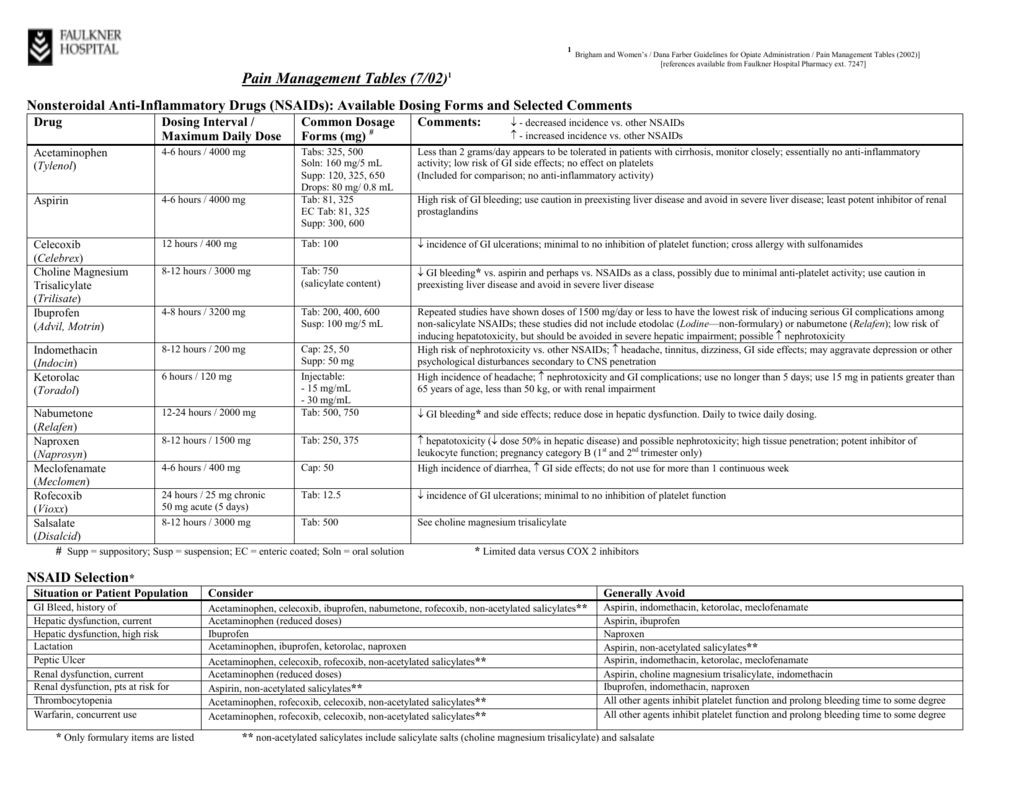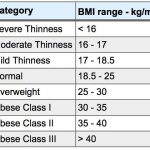
Contents
- 1 Side Effects of Trilisate (choline magnesium salicylate or trisalicylate)
- 1.0.1 What are the important side effects of Trilisate (choline magnesium salicylate or trisalicylate)?
- 1.0.2 Trilisate (choline magnesium salicylate or trisalicylate) side effects list for healthcare professionals
- 1.0.3 Does Trilisate (choline magnesium salicylate or trisalicylate) cause addiction or withdrawal symptoms?
- 1.0.4 What drugs interact with Trilisate (choline magnesium salicylate or trisalicylate)?
- 1.0.5 Summary
Side Effects of Trilisate (choline magnesium salicylate or trisalicylate)
Trilisate (choline magnesium salicylate or trisalicylate) is a nonsteroidal anti-inflammatory drug (NSAID), effective in treating fever, pain, and inflammation caused by soft tissue injuries, tendinitis, bursitis, and arthritic conditions.
It works by reducing levels of prostaglandins, chemicals responsible for pain, fever, and inflammation. The salicylates block the enzyme that makes prostaglandins (cyclooxygenase), resulting in lower concentrations. As a consequence, inflammation, pain, and fever are reduced. The brand name Trilisate is no longer available in the U.S.
Common side effects of Trilisate include:
Serious side effects include:
- severe abdominal pain
- easy bruising or bleeding
- fast heartbeat
- persistent nausea or vomiting
- unusual tiredness
- change in urine
- yellowing of eyes or skin (jaundice)
- unusual bleeding
- hearing loss
Drug interactions include methotrexate because blood levels may increase, leading to more side effects.
- Concurrent use of Trilisate and warfarin may cause excessive bleeding as Trilisate enhances the effect of warfarin. Blood pressure-lowering effects of drugs may be reduced. Persons who have more than three alcoholic beverages per day may be at increased risk of developing stomach ulcers when taking Trilisate or other NSAIDs. Trilisate should not be given within six weeks of influenza virus vaccine, as it can increase the risk of Reye’s syndrome. Its effects on pregnant women and reproduction capacity are unknown. It should be given to a pregnant woman only if clearly needed. Use during late pregnancy should be avoided due to the known effects of other salicylate drug products on the fetal cardiovascular system. Trilisate is excreted in breast milk, caution should be exercised when administering it to breastfeeding women.
What are the important side effects of Trilisate (choline magnesium salicylate or trisalicylate)?
Common side effects of choline magnesium salicylate are:
- heartburn
- stomach ulcers
- nausea
- vomiting
Patient should tell their doctor immediately if any of these unusual but potentially serious side effects occur:
- severe abdominal pain
- easy bruising or bleeding
- fast heartbeat
- persistent nausea or vomiting
- unusual tiredness
- change in urine
- yellowing of eyes or skin
- unusual bleeding
- hearing loss
Trilisate (choline magnesium salicylate or trisalicylate) side effects list for healthcare professionals
The most frequent adverse reactions observed with Trilisate (choline magnesium trisalicylate) preparations in clinical trials are:
- tinnitus
- gastrointestinal complaints including nausea, vomiting, upset stomach, indigestion, heartburn, diarrhea, constipation, and epigastric pain.
These occur in less than twenty percent of patients. Should tinnitus develop, reduction of daily dosage is recommended until it is resolved. Less frequent adverse reactions, occurring in less than two percent of patients, are:
- hearing impairment
- headache
- lightheadedness
- dizziness
- drowsiness
- lethargy
Adverse reactions occurring in less than one percent of patients include:
Spontaneous reporting has yielded isolated or rare reports of the following adverse experiences:
- duodenal ulceration
- elevated hepatic transaminases
- hepatitis
- esophagitis
- asthma
- erythema multiforme
- urticaria
- ecchymoses
- irreversible hearing loss and/or tinnitus
- mental confusion
- hallucinations
Does Trilisate (choline magnesium salicylate or trisalicylate) cause addiction or withdrawal symptoms?
Drug abuse and dependence have not been reported with Trilisate (choline magnesium trisalicylate) preparations.
What drugs interact with Trilisate (choline magnesium salicylate or trisalicylate)?
- Foods and drugs that alter urine pH may affect renal clearance and plasma concentrations. Raising urine pH can enhance renal salicylate clearance, while urine acidification can decrease urinary salicylate excretion and increase plasma levels.
- Salicylate drug products concurrently dosed with other plasma protein bound drug products may result in adverse effects.
- The potential exists for increased levels of unbound warfarin with concurrent use of Trilisate (choline magnesium trisalicylate) preparations. Prothrombin time should be closely monitored and warfarin dose appropriately adjusted when therapy with Trilisate is initiated.
- Salicylates may increase the therapeutic as well as toxic effects of methotrexate, particularly when administered in chemotherapeutic doses, by inhibition of renal methotrexate excretion and by displacement of plasma protein bound methotrexate. Caution should be exercised in administering Trilisate to rheumatoid arthritis patients on methotrexate.
- When sulfonylurea oral hypoglycemic agents are co- administerted with salicylates, the hypoglycemic effect may be enhanced. Insulin-treated diabetics on high doses of salicylates should also be closely monitored for a similar hypoglycemic response.
- Other drugs with which salicylate competes for protein binding sites, and whose plasma concentration or free fraction may be altered by concurrent salicylate administration, include phenytoin, valproic acid, and carbonic anhydrase inhibitors.
- The efficacy of uricosuric agents may be decreased when administered with salicylate products. Corticosteroids can reduce plasma salicylate levels by increasing renal elimination and perhaps by also stimulating hepatic metabolism of salicylates. By monitoring plasma salicylate levels, salicylate dosage may be titrated to accommodate changes in corticosteroid dose or to avoid salicylate toxicity during corticosteroid taper.
Summary
Trilisate (choline magnesium salicylate or trisalicylate) is a nonsteroidal anti-inflammatory drug (NSAID) effective in treating fever, pain, and inflammation caused by soft tissue injuries, tendinitis, bursitis, and arthritic conditions. Common side effects include heartburn, stomach ulcers, nausea, and vomiting. Use during late pregnancy and breastfeeding should be avoided due to potential risks.


